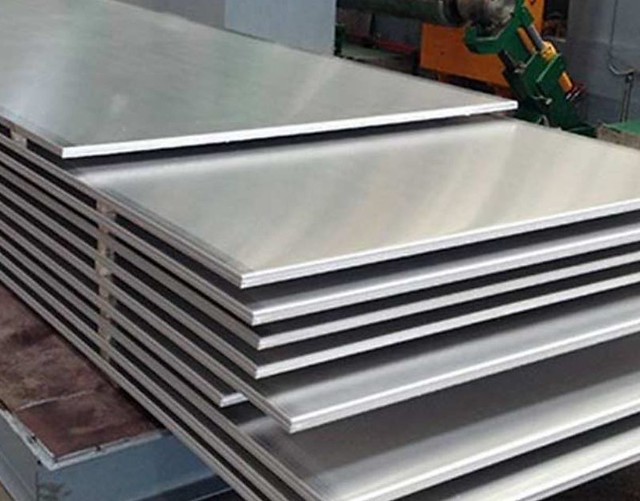Alloy Steel Sheet: Manufacturing, Characteristics, and Usage
Manufacturing:
Alloyed alloy steel sheet steel panels are manufactured by combining different metal elements to enhance the material’s properties. These panels are made using various techniques like hot rolling or cold rolling processes. In these methods, the alloyed steel is compressed between rollers to form a sheet of desired thickness alloy steel sheet . The sheets undergo further treatments like annealing or tempering for improved strength and durability.
Characteristics:
Metal sheets made from alloys exhibit several unique characteristics that make them suitable for various applications. Alloy steel pl alloy steel sheet ates possess excellent corrosion resistance, high tensile strength, and enhanced toughness compared to regular steel sheets. They also have superior heat resistance and can withstand extreme temperatures without deforming or losing their structural Metal sheet made from alloys integrity.
Advantages:
The use of alloyed steel sheets provides numerous advantages in different industries. Their increased strength helps in constructing sturdy structures that can withstand heavy loads and external forces. Alloyed steel sheets’ corrosion resistance makes them ideal for environments with high moisture content or exposure to chemicals. Additionally, their heat-resistant

properties enable them to be used in applications where elevated temperatures are encountered.
Usage Methods:
Metallurgical sheets alloy plate of alloyed steel find extensive usage across multiple sectors due to their versatile nature. They are commonly employed in automotive manufacturing as chassis components or body parts due to their superior strength-to-weight ratio. These alloy plates also play a c Alloyed steel panel rucial role in construction projects, serving as structural reinforcements or as cladding material on buildings requiring enhanced durability.
Choosing the Product:
When selecting an alloy steel sheet product, it is essential to consider certain factors such as intended application, required mechanical properties (such as hardness and ductility), environmental conditions (corrosive environment vs normal atmosphere), and budgetary constraints.
One should assess whether the chosen product adher Alloy steel plate es to specific industry standards (such as ASTM I alloy plate nternational) for satisfactory results.
Conclusion:
In conclusion, alloyed steel sheet products offer outstanding performance compared to traditional steel sheets. Their manufacturing process, characteristics, and advantages make them suitable for various industrial applications. The versatility of these sheets allows designers and engineers to create innovative solutions in industries ranging from automotive to construction. It is crucial to consider the i

ntended usage and select an alloy steel sheet that meets the required specifications for optimal performance and durability.
Alloyed Steel Panel,Metal Sheet Made From Alloys,Alloy Steel Plate,Metallurgical Sheet Of Alloyed Steel,Composite Steel Sheet
alloy platealloy steel sheetalloy alloy steel sheet steel sheetalloy steel sheetalloy steel sheet
